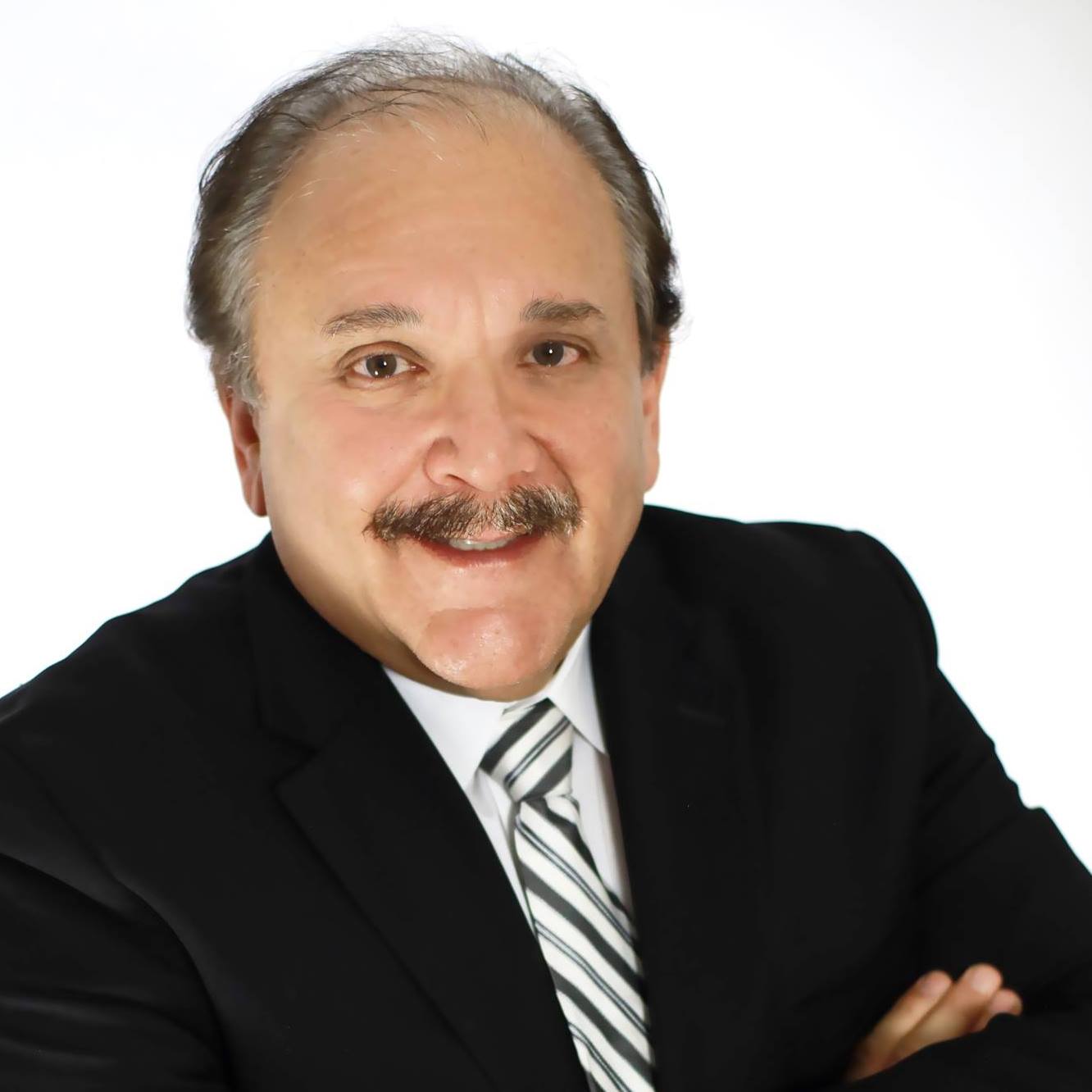
What is a Will?
A will is a written legal document with instructions for distributing an individual’s assets after his or her death. A will must be formally executed as required by state law to be legally valid and enforceable.
How can a person change his or her will?
A will is typically valid and effective until it is revoked, destroyed, or invalidated by writing a new will. Alterations to an existing will, such as crossing out language or adding a new provision, do not usually meet the legal requirements for executing a valid will and do not affect the terms of an existing will; however, changes or additions to an existing will can be made by codicil. A codicil is a document executed in compliance with applicable state law that modifies an existing will or codicil.
What is an advance directive?
A living will, often called an Advance Health Care Directive, is a document which states your wishes for end-of-life medical care, in the event you are incapacitated and unable to speak yourself.
Why is there a need for advance directives?
Years ago, most individuals died in their own homes. Today, there is greater chance of dying in a hospital or nursing home.
Expanding technology has increased the treatment choices we face, and improved public health has increased life expectancy. Decisions may have to be made concerning our care at a time we can no longer communicate our wishes.
What is a durable power of attorney for health care?
A durable power of attorney for health care, also known as a health care proxy or a patient advocate designation, is a document in which you appoint another individual to make medical treatment and related personal care decisions for you.
You can, in addition, choose to give your patient advocate power to make decisions concerning mental health care you may need.
Finally, you can empower your patient advocate to donate specific organs or your entire body upon your death.
Is a durable power of attorney for health care legally binding?
Yes.
Who is eligible to have a durable power of attorney for health care?
You must be at least 18 years old, and you must understand you are giving another person power to make certain decisions for you should you become unable to make them.
What is Probate?
Probate is the legal process whereby a will is “proved” in a court and accepted as a valid public document that is the true last will and testament of the deceased. So in other words it does the following:
- It proves the deceased person’s will is valid
- It protects your heirs and beneficiaries
- It identifies and inventories the deceased property
- It has the property appraised
- It pays off debts and taxes
- It distributes the remaining property as the will directs
Typically, probate involves paperwork and court appearances by lawyers. The lawyers and court fees are paid from estate property, which would otherwise go to the people who inherit the deceased person’s property.
Is Probate Public or Private?
Probate proceedings are a matter of public record. There is no privacy when your estate goes through probate.
What are Disadvantages to Probate
- Probate can be an extremely costly manner of transferring your assets
- The process can very time consuming
- Probate court proceedings are basically inflexible
What is Financial Planning?
Financial Planning is an ongoing process to help you make sensible decisions about money that can help you achieve your goals in life. It might involve putting appropriate wills in place to protect your family, thinking about how your family will manage without your income should you fall ill or die prematurely, spending money differently, but it involves thinking about all of these things together i.e. your ‘plan’. You can build a plan on your own, or if your needs are more complex you might want the help of a Financial Planner.
What is a living will?
A living will, often called an Advance Health Care Directive, is a document which states your wishes for end-of-life medical care, in the event you are incapacitated and unable to speak yourself.
What is the person to whom I give decision-making power called?
That person is known as your patient advocate.
What is a Trust?
A trust is a separate legal entity that you create, into which you can transfer some or all of your property.
How a Will and a Trust are similar
- Both you can leave property to an individual, e.g. children
- Both you can appoint a personal representative
- Both you can name a beneficiary for your property
- Both you can make changes as needed
How a Will and a Trust are different
- With a will you can name guardians for your minor children and their property. Not with a trust.
- With a will you can leave your last wishes. Typically, a trust is not used for this purpose.
- With a trust you can avoid probate. A will you do not.
- With a trust you can keep its terms private. A will you can’t because of the need to probate it.
- When you are finished with your will you will need to sign it in front of witnesses. A trust has to be notarized.






